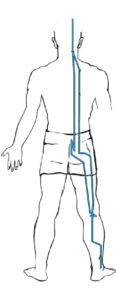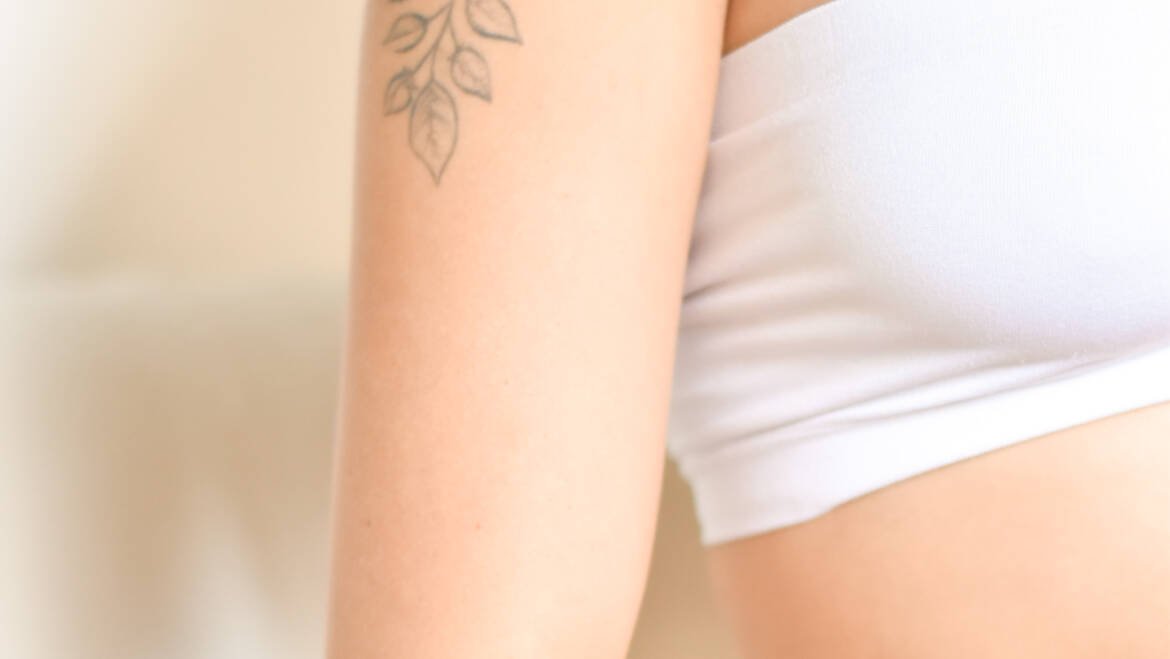The Water Meridians: Balance and Vitality Through Oriental Medicine
Water meridians
Oriental Medicine is based on the theory of the five elements to understand the functioning of the organism and its interrelationship with the environment.
Each element has particular characteristics and is associated with meridians, climate, season, color, emotion, flavor, time of day, organs and behavioral traits.
The water element is related to the following aspects.
Organs: Kidneys, Bladder
Time of day: Kidneys 3:00 – 5:00 pm, Bladder 5:00 – 7:00 pm.
Emotion: Fear
Flavor: Salty
Color: Dark blue, black
Climate: Cold, winter
The water element represents life, vitality, ancestors, family and heritage from the past. This is because the Jīng 精 (Essence) energy is housed in the kidneys. This energy is:
- The fundamental substance that creates everything in the universe, including the body.
- She is the bearer of ancestral information.
- It is stored in the kidneys and circulates through the Eight Great Vessels, helping to create semen, menstrual blood and bone marrow.
- This energy is worn out throughout life and even more so with excesses, but it can be enhanced with specific practices, for example from the Dao of Sexuality, Eastern Medicine treatments, Qi Gong and Tai Chi practices.
Also, the water element is related to the ears, bones, bone marrow and spinal cord.
When the water is out of balance, you may experience some symptoms such as:
- Cystitis
- Dark skin color
- Baggy eyes
- Panic that paralyzes you from taking action
- sexual problems
- reproductive problems
- Lower back pain
- Fatigue
- kidney stones
How do I know if I have an imbalance in this element?
A diagnosis from an Oriental Medicine doctor is important to determine which element the imbalance is in, since some symptoms may appear to be from one element, but the root may arise from another.
What habits to include to balance water?
- Moderate salt consumption.
- Balance with sexual practices.
- Practice Taichí and Qi Gong.
- Flow with changes.
- Face fears with courage.
The 5 elements are interrelated.
In the case of the water element, it is nourished with the earth element and directly influences the balance of the fire, therefore, an imbalance of the water element can be treated from another element.
Description of each water meridian
The bladder meridian
It is the longest in the body, it has 67 resonating points.
Bladder function
It collects the water that the other organic structures did not use. This is why it is considered a humble organ since oriental medicine, since it allows the greatness of others. In addition, it makes it an organ that contains the information of the totality of being, so in its energy meridian, imbalances of the entire organism can be treated.

1 V 睛明 jīng míng
2 V 攒竹 cuán zhú
3 V 眉冲 méi chōng
4 V 曲差 qū chā
5 V 五处 wǔ chù
6 V 承光 chéng guāng
7 V 通天 tōng tiān
8 V 络却 luò què
9 V 玉枕 yù zhěn
10 V 天柱 tiān zhù
11 V 大杼 dà zhù
12 V 风门 fēng mén
13 V 肺俞 Fèi shù
14 V厥阴俞 Jué yīn shù
15 V 心俞 Xīn shù
16 V 督俞 Dū shù
17 V 膈俞 Gé shù
18 V 肝俞 Gān shù
19 V 胆俞 Dǎn shù
20 V 脾俞 Pí shù
21 V 胃俞 Wèi shù
22 V 三焦俞 Sān jiāo shù
23 V 肾俞 Shèn shù
24 V 气海俞 Qì hǎi shù
25 V 大肠俞 Dà cháng shù
26 V 关元俞 Guān yuán shù
27 V 小肠俞 Xiǎo cháng shù
28 V 膀胱俞 Pang guāng shù
29 V 中膂俞 Zhōng lǚ shù
30 V 白环俞 Bái huán shù
31 V 上髎 shàng liáo
32 V 次髎 cì liáo
33 V 中髎 zhōng liáo
34 V 下髎 xià liáo
35 V 会阳 huì yáng
36 V 承扶 chéng fú
37 V 殷门 yīn mén
38 V 浮郄 fú xì
39 V 委阳 wěi yáng
40 V 委中 wěi zhōng
41 V 附分 fù fēn
42 V 魄户 pò hù
43 V 膏肓 gāo huāng
44 V 神堂 shén táng
45 V 譩譆 yì xī
46 V 膈关 géguān
47 V 魂门 hún mén
48 V 阳纲 yáng gāng
49 V 意舍 yì shè
50 V 胃仓 wèi cāng
51 V 肓门 huāng mén
52 V 志室 zhì shì
53 V 胞肓 bāo huāng
54 V 秩边 zhì biān
55 V 合阳 hé yáng
56 V 承筋 chéng jīn
57 V 承山 chéng shān
58 V 飞扬 fēi yáng
59 V 跗阳 fū yáng
60 V 昆仑 kūn lún
61 V 仆参 pú cān
62 V 申脉 shēn mài
63 V 金门 jīn mén
64 V 京骨 jīng gǔ
65 V 束骨 shù gǔ
66 V 足通谷 zú tōng gǔ
67 V 至阴 zhì yīn
The kidney meridian
It has 27 resonating points.
Functions of the kidneys:
- It takes care of the excess of the body of the body to produce urine.
- They make hormones that help control blood pressure and which stimulate bone marrow to produce red blood cells.
- They eliminate the acids produced by the body.
- They balance water, salts and blood minerals.
- They are located below the rib cage, and in adults, they are approximately a fist.
1 R 涌泉 yǒng quán
2 R 然谷 rán gǔ
3 R 太溪 tài xī
4 R 大钟 dà zhōng
5 R 水泉 shuǐ quán
6 R 照海 zhào hǎi
7 R 复溜 fù liū
8 R 交信 jiāo xìn
9 R 筑宾 zhù bīn
10 R 阴谷 yīn gǔ
11 R 横骨 héng gǔ
12 R 大赫 dà hè
13 R 气穴 qì xué
14 R 四满 sì mǎn
15 R 中注 zhōng zhù
16 R 肓俞 huāng shù
17 R 商曲 shāng qū
18 R 石关 shí guān
19 R 阴都 yīn dū
20 R 腹通谷 fù tōng gǔ
21 R 幽门 yōu mén
22 R 步廊 bù láng
23 R 神封 shén fēng
24 R 灵墟 líng xū
25 R 神藏 shén cáng
26 R 彧中 yù zhōng
27 R 俞府 shù fǔ
If you want to schedule an appointment you can click on the link
You can see more of our blog clicking on the link
Visit our YouTube channel by clicking here
You listen to our podcast
Follow us on Instagram

Add Comment